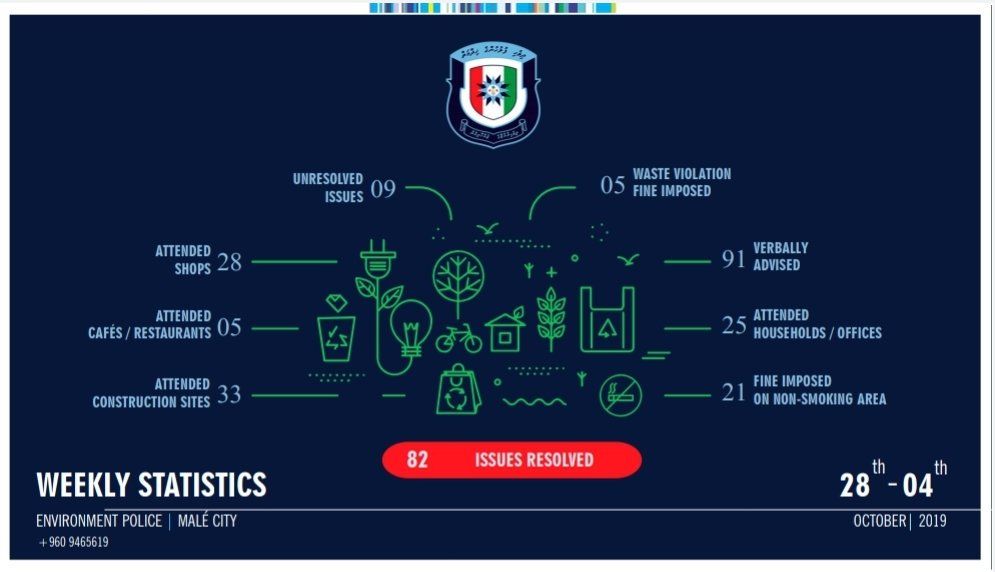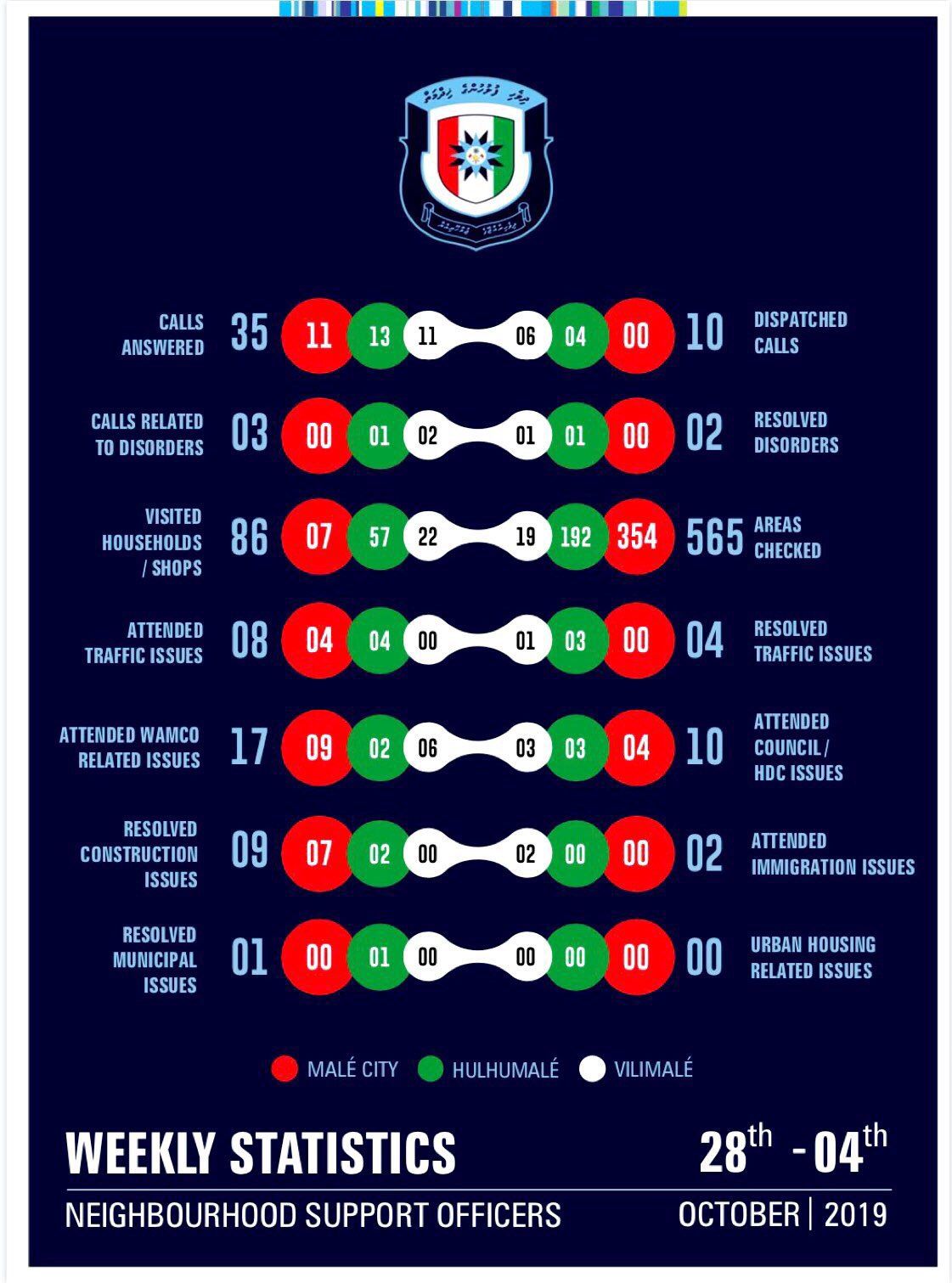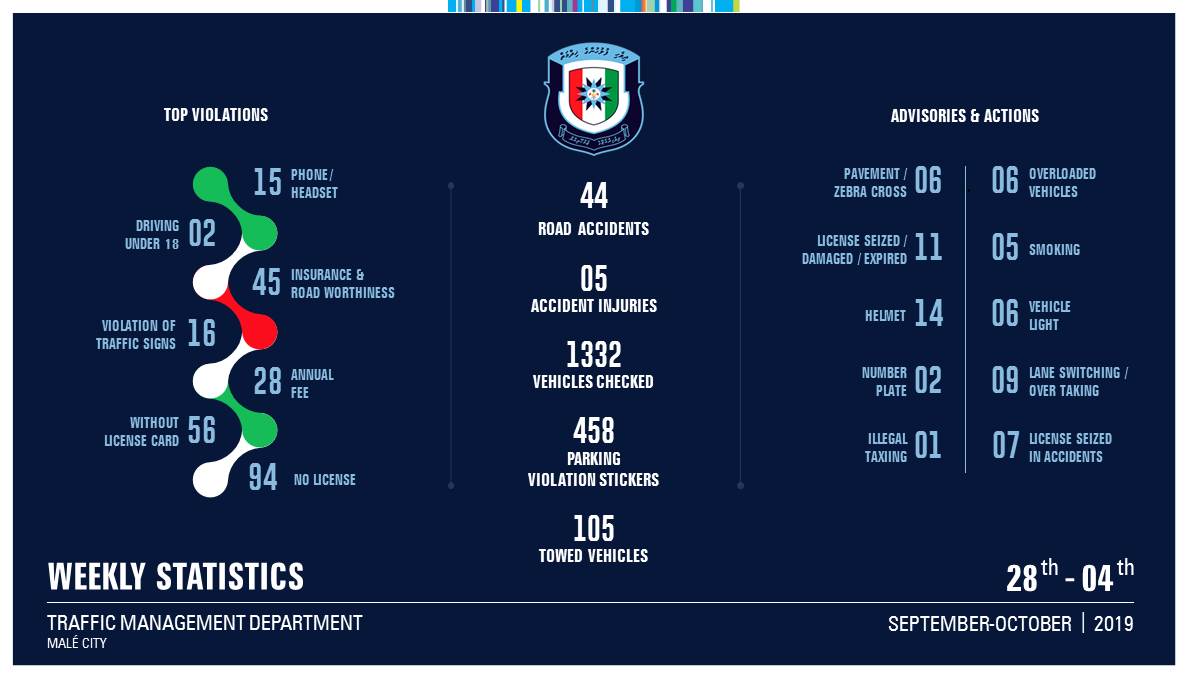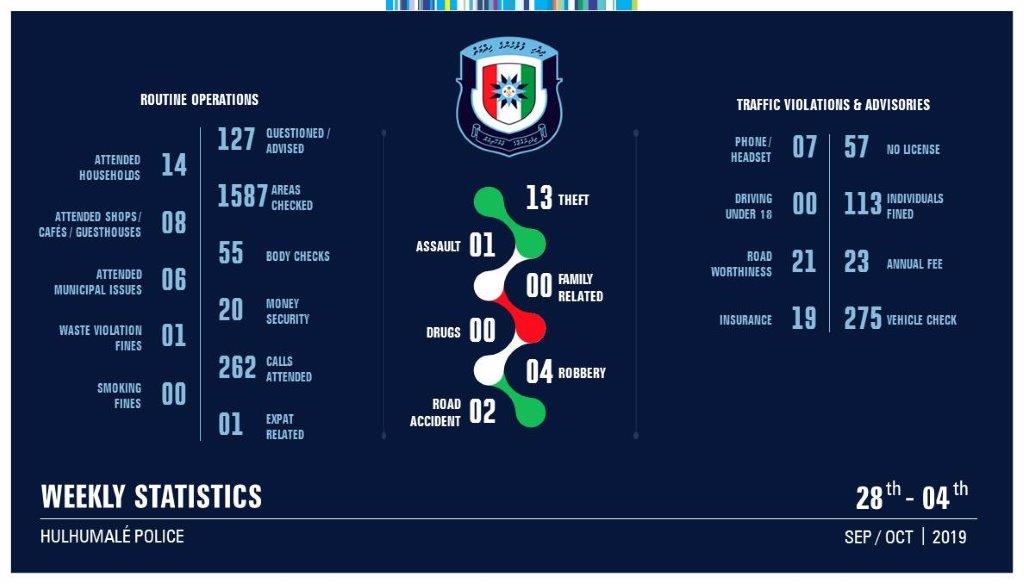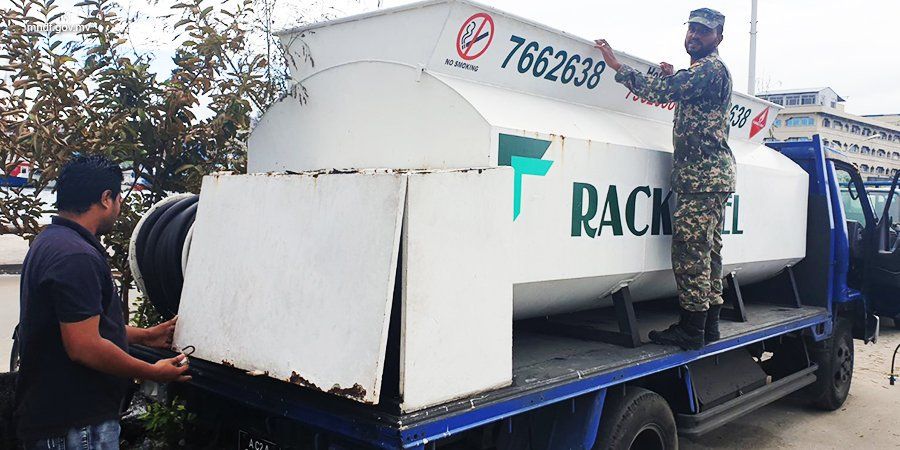The fire and rescue service of the Maldives National Defence Force has found that 41 out of 42 fuel bowsers licensed to operate in the capital were not in compliance with safety standards.
The MNDF inspected vehicles last week after 10 fuel bowsers were damaged in a fire that broke out while a speedboat was being refuelled at the Malé southwestern harbour.
Licences for 30 fuel bowsers were cancelled due to non-compliance with safety standards, according to the MNDF. A further 11 fuel bowsers were allowed to operate again after they met safety benchmarks, it added.
The safety issues identified included lack of mandatory warning signs, lack of fire extinguishers and poor condition of vehicles.
Dozens of fuel bowsers transport diesel and petrol across Malé and some of them are trucks converted into make-shift fuel carriers, which have raised concerns about safety.
The State Electricity Company has started distributing LED lightbulbs to households from a table set up outside the its office in Malé. According to STELCO, the company is handing out bulbs left over from 200,000 LED lights gifted by India earlier this year.
Along with STELCO, the environment ministry tasked the state utility Fenaka Corporation and the Malé Water and Sewerage Company with distributing the LED lights to households. The lightbulbs can save up to 9600 units of electricity a day, according to the ministry.
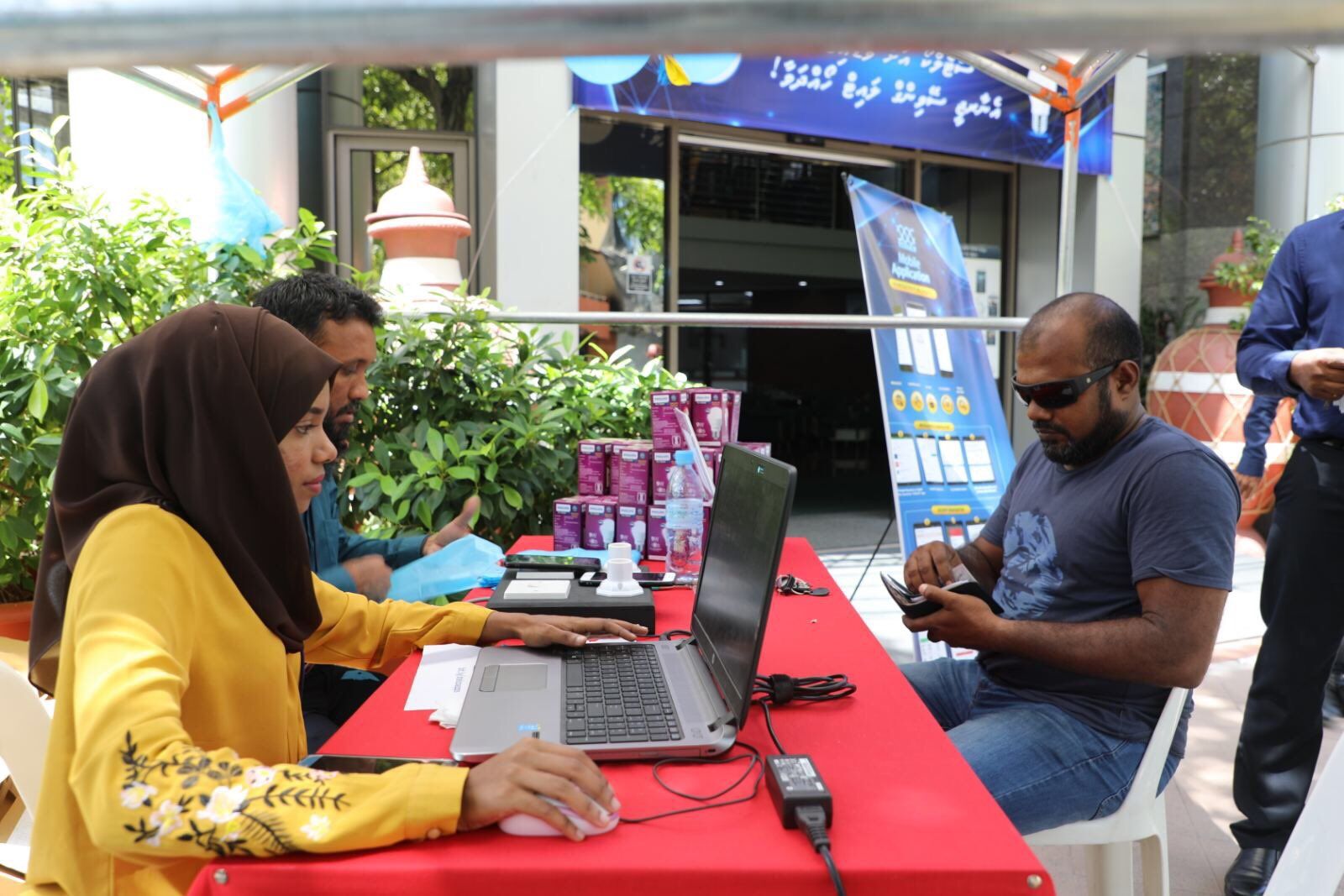
The Islamic ministry has announced that it will start issuing Umra pilgrimage permits after revising the current guidelines.
The ministry will be selling proposal books until October 16 and will accept bid proposals from October 13 until October 17, according to the announcement.
The changes to the permit issuing guideline include the removal of a provision that required the presence of representatives from the finance ministry, economic ministry and the attorney general’s office during the bid proposal evaluating stage. The Islamic ministry will now be the only agency involved in the evaluation.
Other changes include a grace period of three days to provide missing documents for bidders, and changes to the prerequisites for companies bidding for permits. The changes come after the Islamic ministry was accused of corruption in awarding Hajj pilgrimage permits to travel groups.
According to the Anti-Corruption Commission, the bidding and bid-evaluation process for the distribution of Hajj quotas included questionable practices that could lead to corruption charges.
Weekly police statistics
